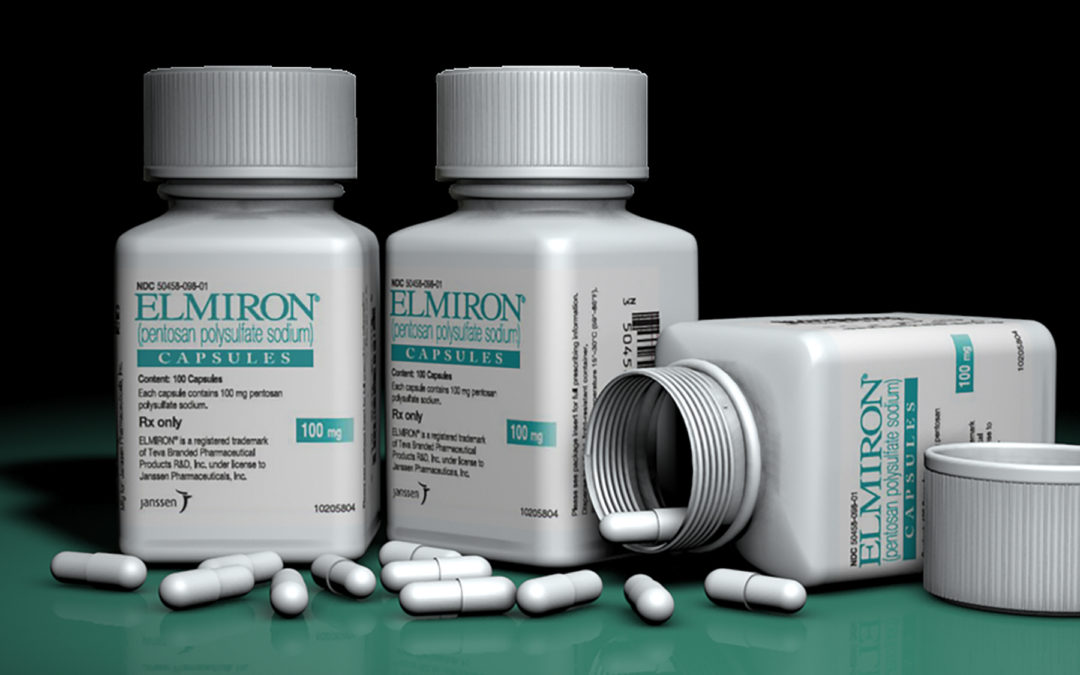Recovering Compensation After a Defective Product Injury
People are harmed by defective medical products every day from medical devices to dangerous pharmaceuticals. Learning how a defective product claim is made in Louisiana can help you understand you have rights when it comes to your health.
The Louisiana Products Liability Act (LPLA) is a state law on the responsibility and liability manufacturers have when they design or produce a product that is either dangerous or defective or fails to provide adequate warnings on its use. When someone is injured or dies and used the medicine or medical product in the way in which it was intended, the manufacturer can be held financially liable for the damages the product caused.
At least one of the criteria that follow has to be met to place a claim against a manufacturer for injuries or a fatality caused by their product:
- The product’s design caused an unreasonable danger.
- The composition or the product or its construction caused an unreasonable danger.
- The warning label on the product was inadequate to warn of the dangers it posed.
- The product warranty was faulty.
What the Louisiana Products Liability Act Covers
The LPLA covers many different products from children’s toys and clothing to household products, furniture, automobiles and more. Medicinal drugs that are dangerous or harmful are also covered, except for vaccines, which are handled by the National Vaccine Injury Compensation Program. In some cases, so many injuries have been reported due to defective drugs and medical devices that class actions lawsuits have sprung up, including for the following:
- Elmiron® is prescribed for bladder irritation or inflammation but can cause vision loss, according to the U.S. Food and Drug Administration.
- Belviq® has been linked to pancreatic, colorectal and lung cancer and was removed from the market.
- Onglyza® and Kombiglyze XR®, both used to treat Type 2 diabetes, are linked to pancreatitis and heart failure.
- Risperdal® & Invega® is linked to breast enlargement in males.
- Taxotere® is a chemotherapy drug used to treat breast and other cancers, which has been linked to permanent hair loss.
- Zantac® is linked to different types of cancer.
- 3M Combat Arms™ Earplugs are linked to hearing loss and tinnitus. Although the product was discontinued in 2015, many combat veterans may have been affected by this defective product.
- Paraquat™ herbicide can lead to Parkinson’s disease, a progressive disorder of the nervous system.
- Ethicon Physiomesh™, as well as other brands, were used for hernia repairs, which resulted in serious injuries.
Evidence Used in a Products Liability Lawsuit
A personal injury lawyer who handles defective and dangerous medical claim cases against manufacturers is necessary to obtain the compensation you deserve. Evidence used in these claims includes:
- Copies of the medical bills and salary records
- The defective product such as the earplugs, medicine bottle, prescription, pharmacy bill, etc.
- Data that the manufacturer knew about the defect, such as complaints to the FDA
- Photographs of the incident that caused the injury or of the defect
- A copy of the label on a medicine bottle, which showed an incomplete safety or usage warning
- Marketing materials such as advertising for the product stating its efficacy and safety
- Expert witnesses who can testify that the injury was caused by a defective or unsafe product, inadequate warning label or manufacturing error
Olinde Law Firm Fights For You
We at the Olinde Law Firm in New Orleans are here for those who suffer or lost a loved one as a result of a dangerous drug or product. We help the injured party or grieving family to get the compensation they deserve. Phone us at (800) 587-1889 to schedule your no-obligation, free case review. In it, we will review your claim, answer all your questions and tell you what your options are to recover damages. You can also contact us online.

